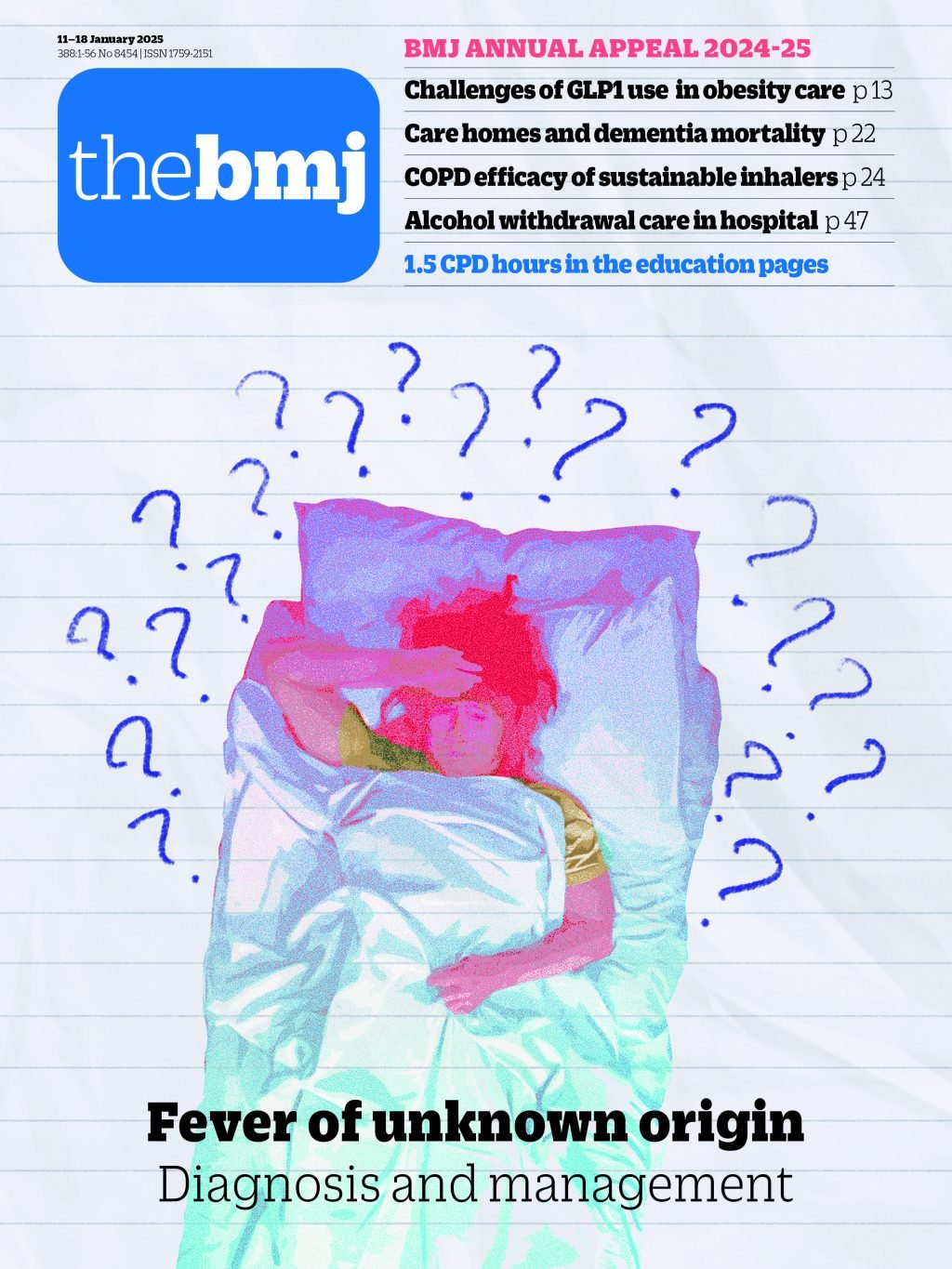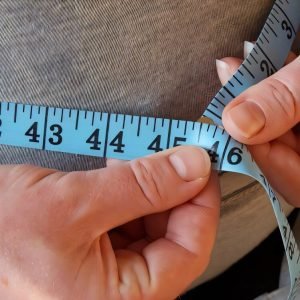
A wonderfully absurdist NHS fantasy has been doing the rounds on social media. It stemmed from a case vignette in a government document, Reforming Elective Care for Patients,1 in a text box illustrating how patients can be empowered by accessing their results on the NHS App. I’m a great fan of patient empowerment and have nothing against the NHS App. But the illustrative story (which has since been removed) was so hilarious that it deserves to be widely shared.
The heroine of the story is Sarah, a patient with sinus pain and hearing loss who goes to her GP surgery and sees a nurse practitioner. You’d reasonably expect that the nurse might recommend steam inhalations or possibly follow NICE guidelines by prescribing a decongestant nasal spray.2 But alas, she seems to be a devotee of expensive, privately financed high tech, so she refers the patient immediately to the local community diagnostic centre for a CT scan, to which she seems to have direct access. The community diagnostic centre is conveniently in the local shopping centre, so Sarah uses the NHS App to fit in the scan appointment alongside her other “errands” there.
We never learn what the scan shows but instead move to the next scene, where the nurse practitioner discusses the diagnostics with the ENT registrar, who has miraculously turned up at the practice multidisciplinary team meeting. This part of the futuristic scenario culminates in Sarah using the NHS App to check local waiting times, outcomes, and patient satisfaction rates to choose the best consultant, who sees her and organises multiple further investigations, including an MRI scan and nasoendoscopy. Finally, she uses the NHS App to decline a follow-up appointment, as she’s “happy with the progress of her care.”
Much could be said about this nonsense. Possibly the least important point is that it must have been written by someone with zero experience of general practice as it exists in 2025. The story also demonstrates a mentality dominated by the worship of technological medicine and the devaluation of human judgment. Such a mentality surely goes beyond the hapless functionary, public relations copywriter, or AI app that concocted this surreal masterpiece.
More seriously, the mindset goes against everything that we know is most effective and cost efficient in general practice. The scenario wholly discounts the expertise that comes with specialist generalism, where a GP with a minimum of 10 years’ medical training might have the judgment to distinguish between an upper respiratory infection and the once-in-a-career case of a tumour of the maxillary sinus. It also discounts continuity of care and the benefits of a patient seeing someone who can assess them in the context of a long term professional relationship and their overall medical and social circumstances.
What I find most depressing about the vignette is the absence of any mention of a GP being involved. It’s of serious concern that everyone who screened that government document, and the secretary of state who signed it off, either didn’t notice this omission or positively approved of it.







